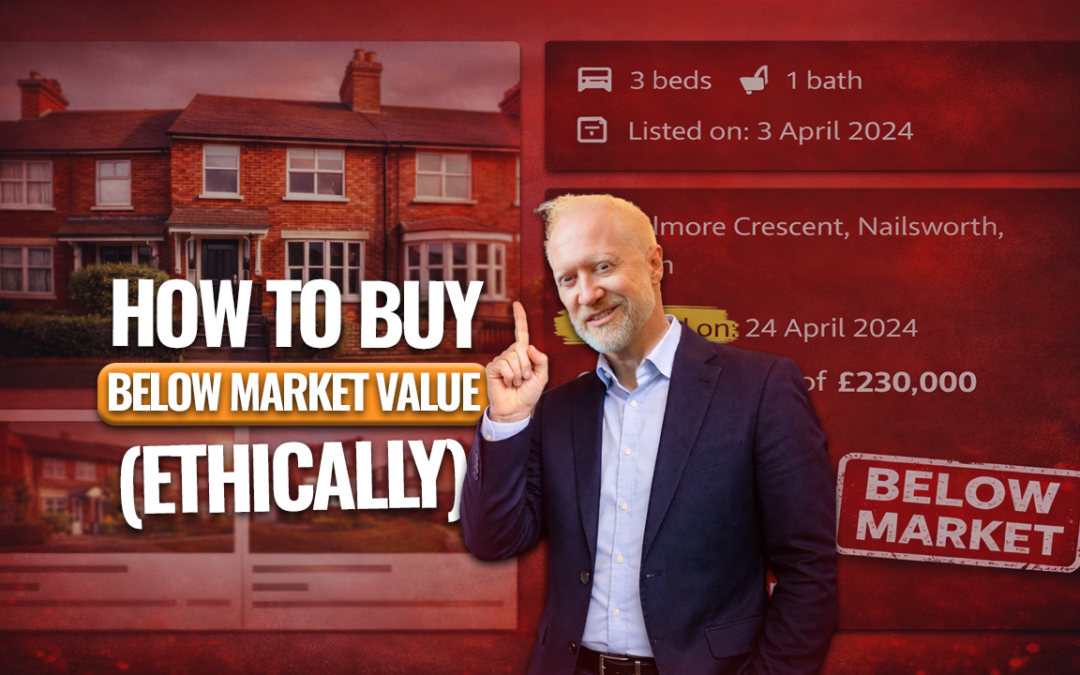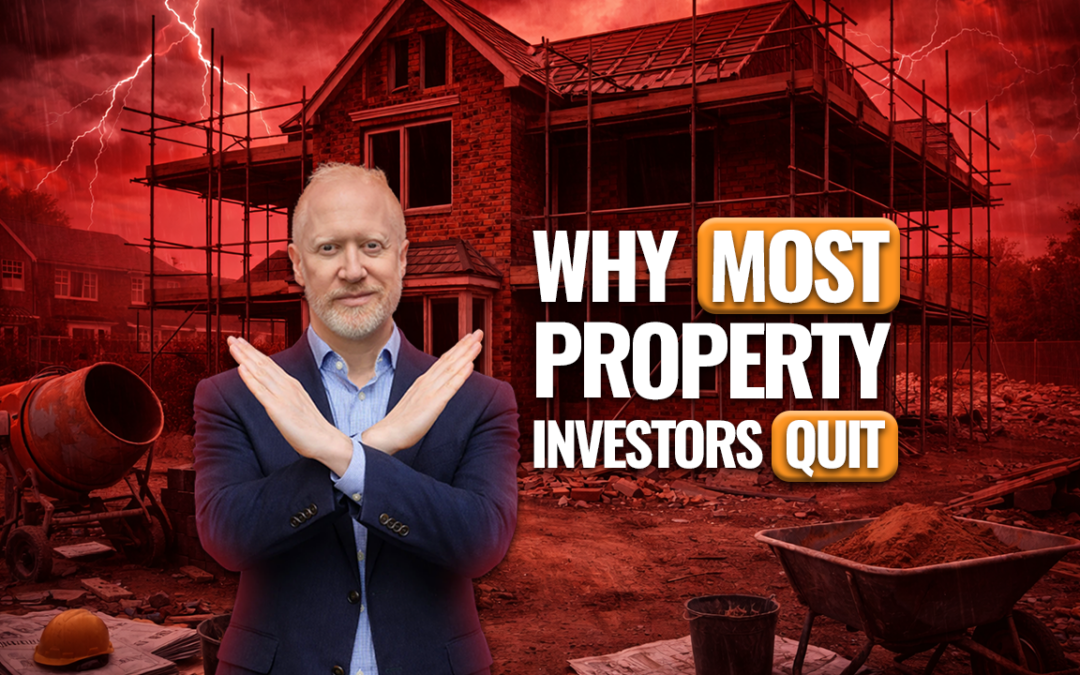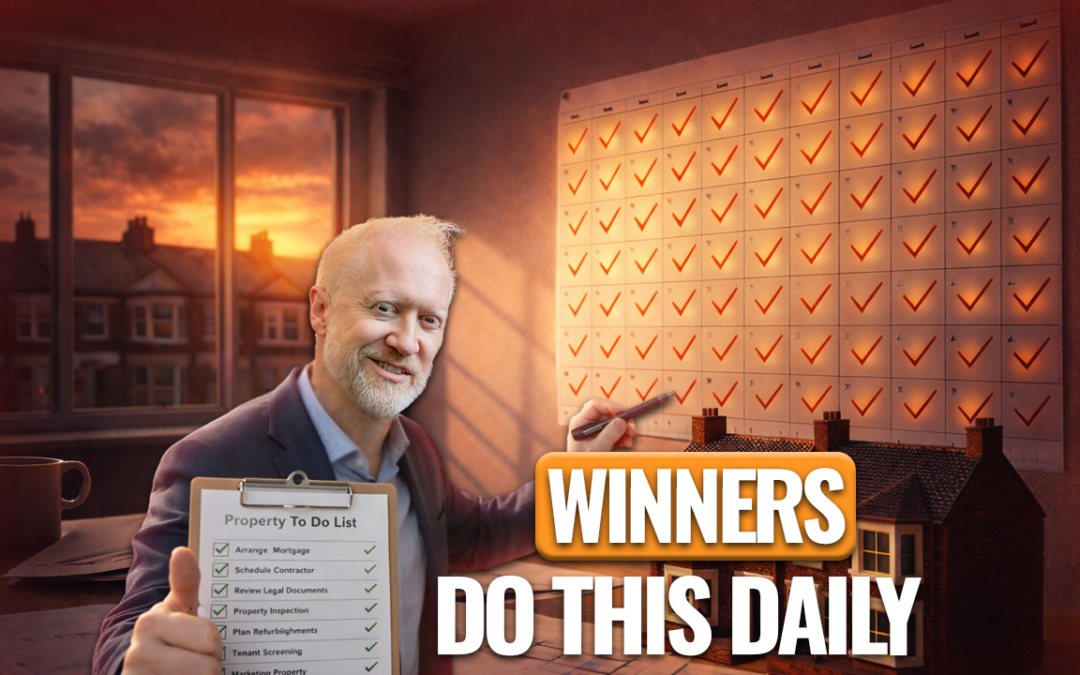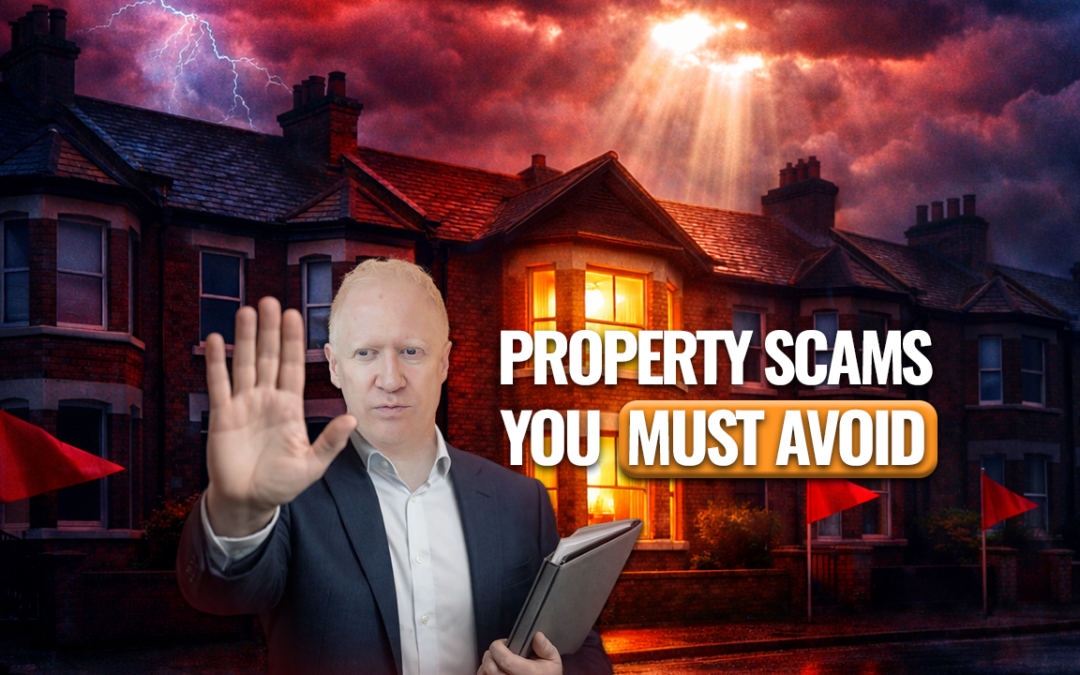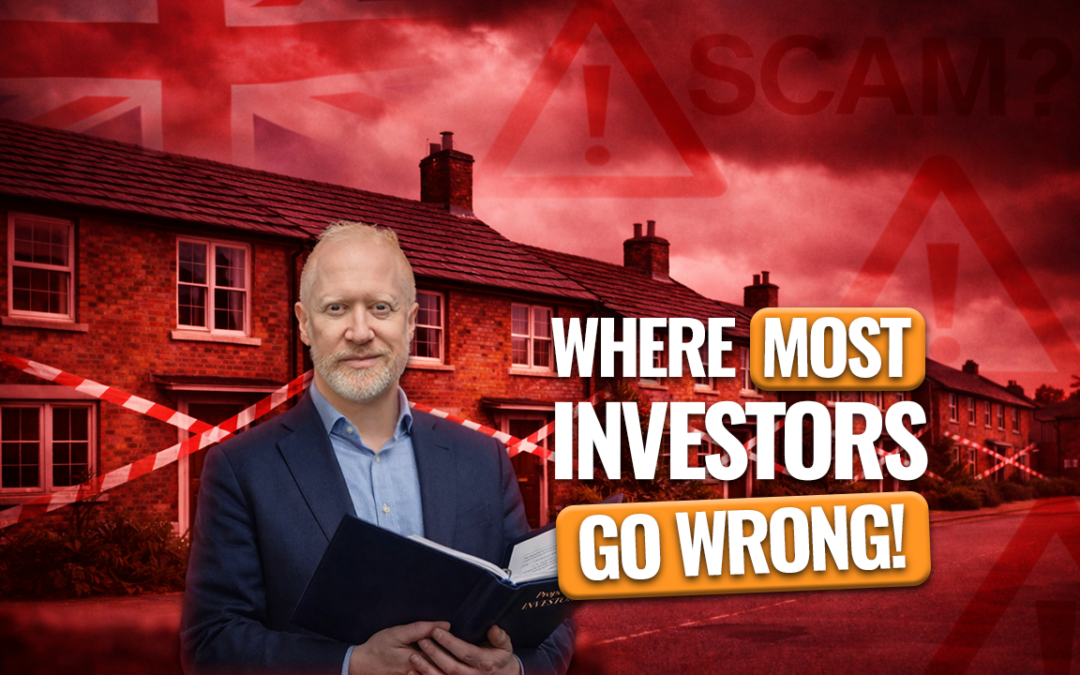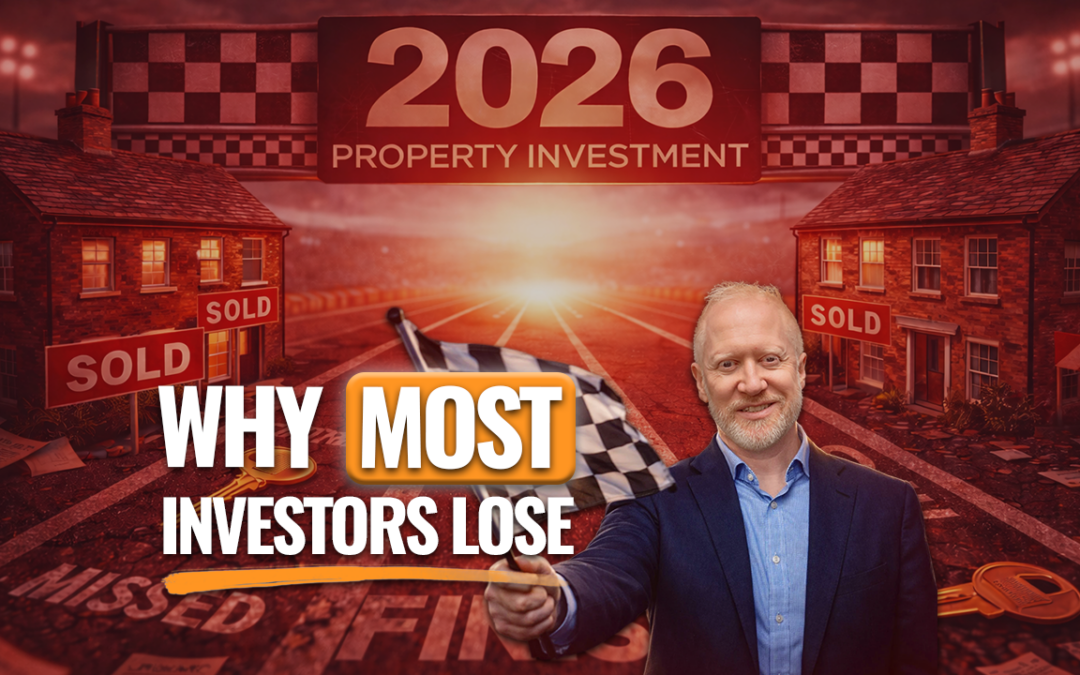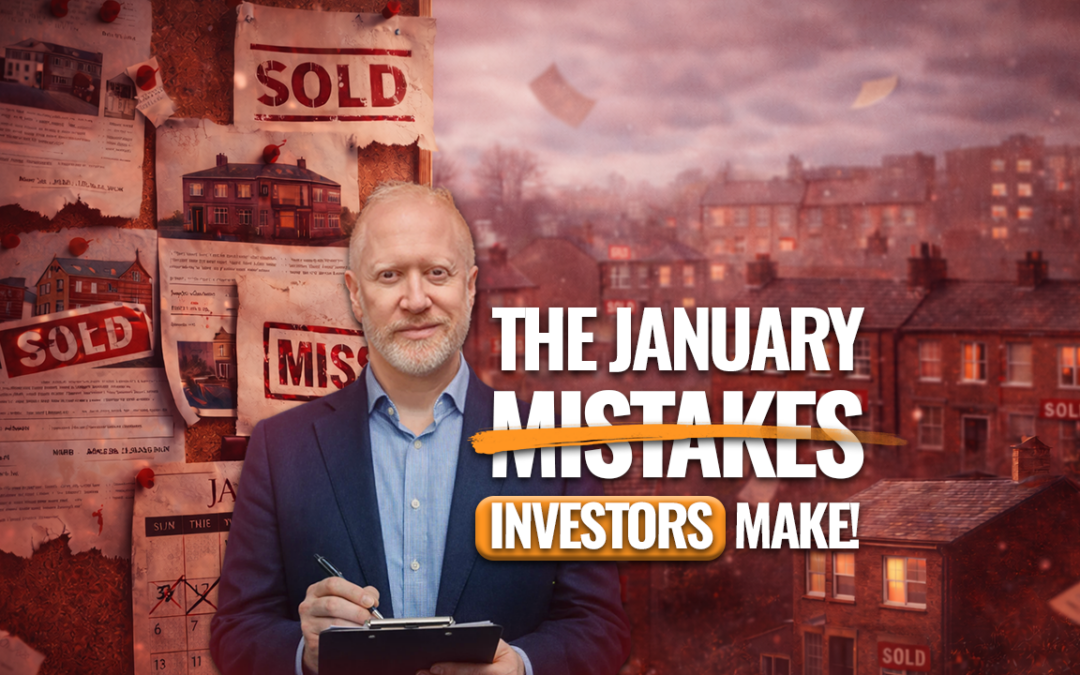If you’re wondering how to structure your mortgage, you’re not alone. Many people ask what’s the best way to structure a mortgage: should you go for a fixed vs variable mortgage UK deal, or choose between a 2 year vs 5 year fixed mortgage? For homeowners and property investors, the right mortgage strategy for property investors or families can make the difference between strong cash flow and financial stress.
In this blog, I’ll share insights based on my own investing experience and what I recommend to other UK property investors.
Why You Can’t Predict the Mortgage Market
One of the most important lessons to remember is that nobody knows for sure what interest rates will do. We can guess, and economists can estimate, but ultimately the future is uncertain.
This is why trying to base your mortgage decision on predicting the exact direction of rates is risky. If you’re wrong, it could cost you thousands.
Instead, focus on what you can control: your structure, your mix of products, and your ability to manage cash flow.
Best Way to Structure Your Mortgage
So, what’s the best way to structure a mortgage?
It’s not about finding the single cheapest rate on the market today. It’s about creating a balanced portfolio of products that protect you in different scenarios.
For example:
-
If rates rise sharply, your fixed products give you stability.
-
If rates fall, your variable products allow you to benefit.
-
If you need flexibility, a shorter 2-year deal keeps you from being locked in.
-
If you want long-term certainty, a 5-year fix does the job.
By mixing these, you’re never fully exposed to one outcome.
Fixed vs Variable Mortgage UK – The Core Choice
When looking at how to structure your mortgage, deciding between fixed and variable rates is one of the biggest choices you’ll face.
-
Fixed mortgages guarantee your repayment amount for a set period, often 2, 3, or 5 years. This makes budgeting easier and protects you if interest rates rise.
-
Variable mortgages move with the lender’s rate or the Bank of England base rate. If rates fall, your repayments go down, but if they rise, so does your cost.
Neither is “better” in every situation. The right choice depends on your personal goals, your tolerance for risk, and whether you’re investing or living in the property yourself.
2 Year vs 5 Year Fixed Mortgage
The 2 year vs 5 year fixed mortgage question is another common one.
-
2-year fixed mortgages: Lower initial rates, but you’ll pay arrangement fees more often as you remortgage. Good if you think rates might drop or if you need flexibility.
-
5-year fixed mortgages: Higher initial rates, but more security. Great if you want to lock in certainty and avoid remortgaging costs for a longer period.
My advice is not to put everything on the same term. A key part of how to structure your mortgage is balancing shorter and longer terms so you’re not overexposed in one area. Instead of locking all your mortgages into 5-year fixes, or keeping them all short, spread the exposure.
How to Structure Your Mortgage as a Property Investor
For investors, a strong mortgage strategy for property investors is essential. Unlike homeowners, you may have several properties in your portfolio. That means you can diversify your mortgages across products and terms.
For example, you might:
-
Fix some mortgages for 2 years to allow flexibility
-
Fix others for 5 years for long-term stability
-
Leave some on variable rates to benefit if interest rates fall
Yes, this sometimes means paying slightly more in fees or interest on individual products. But the overall benefit is resilience. If rates rise, not all your properties are affected at once. If rates drop, you’re not locked out of savings.
Practical Example
Imagine you own four buy-to-let properties. Instead of putting all four onto the same 5-year fixed rate, you structure them like this:
-
Property 1: 2-year fixed
-
Property 2: 5-year fixed
-
Property 3: Variable rate
-
Property 4: 2-year fixed
This way, you’ve got a balanced spread. If rates go up, your fixed mortgages protect you. If they go down, your variable one benefits. And with shorter terms, you’re not stuck if new opportunities appear in two years’ time.
FAQs: How to Structure Your Mortgage
1. What is the best way to structure a mortgage in the UK?
The best way is to spread risk. Mix fixed and variable products, and use both 2-year and 5-year terms, rather than putting everything into one option.
2. Is a fixed or variable mortgage better in 2025?
Neither is always better. Fixed gives stability, variable gives flexibility. Many investors use both as part of a wider mortgage strategy.
3. Should I choose a 2-year or 5-year fixed mortgage?
A 2-year fix is cheaper at the start but needs more frequent refinancing. A 5-year fix costs more upfront but gives long-term certainty.
4. What is the best mortgage strategy for property investors?
Diversification. Use a blend of fixed and variable, and different term lengths, across your portfolio. This reduces exposure to sudden changes.
5. How often should I review my mortgage?
At least every two years, or sooner if your deal is expiring. The market moves quickly, so staying proactive is key.
Final Thoughts on How to Structure Your Mortgage
When thinking about how to structure your mortgage, remember Simon’s golden rule: don’t try to predict the future. Nobody knows exactly what rates will do. What you can do is spread your risk, protect your cash flow, and give yourself flexibility.
Whether you’re choosing between a fixed vs variable mortgage UK deal, debating a 2 year vs 5 year fixed mortgage, or planning a mortgage strategy for property investors, the key is diversification.
If you’d like to learn more about property investing strategies, check out our property investing network meetings or explore the Property Mastermind Accelerator to accelerate your results.
About property investors network
Founded in 2003 by Simon Zutshi, property investors network (pin) is the UK’s longest-running and pioneering property training and networking organisation. We cater for all levels of investors from beginners learning how to start in property to experienced professionals looking to scale. With monthly property networking meetings across the UK, online workshops and hands-on coaching programmes, pin has supported thousands of people to build knowledge, confidence and profitable portfolios. Unlike estate agents or deal sellers, pin focuses purely on UK property training and education, providing a safe and inspiring community for anyone serious about property investing.


